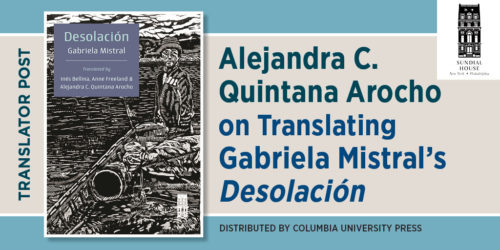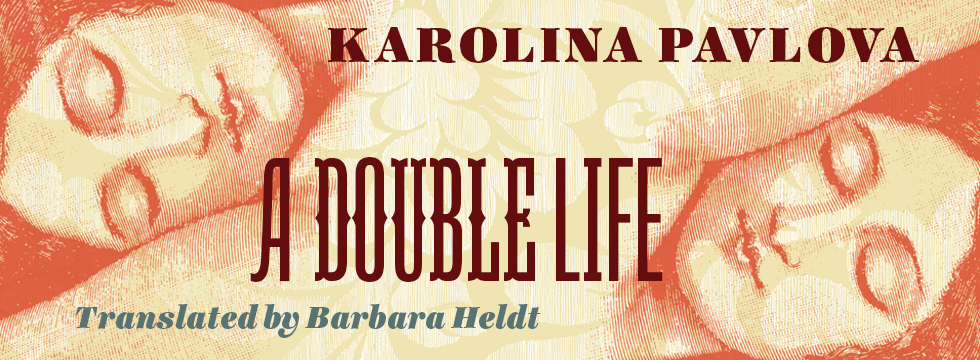Another side of William Logan
 Much is made of William Logan’s more acerbic side. He has been called “The Dirty Harry of the Poetry Beat” and “The Most Hated Man in American Poetry” and has become well known for his sharp, biting takedowns of such celebrated poets as Billy Collins and Jorie Graham. However, Logan’s praise for the poetry he admires can be equally, if not more engaging and compelling. His recent New York Times book review of Louise Gluck’s new collection, A Village Life, is a perfect example of this. Here’s how he ended the review:
Much is made of William Logan’s more acerbic side. He has been called “The Dirty Harry of the Poetry Beat” and “The Most Hated Man in American Poetry” and has become well known for his sharp, biting takedowns of such celebrated poets as Billy Collins and Jorie Graham. However, Logan’s praise for the poetry he admires can be equally, if not more engaging and compelling. His recent New York Times book review of Louise Gluck’s new collection, A Village Life, is a perfect example of this. Here’s how he ended the review:
Glück remains our great poet of annihilation and disgust, our demigoddess of depression. At her discomforting best, she reminds me of no poet more than Rilke, who was also a case of nerves and who also lived close to the old myths. Though her comments about him have been hedged, of all the Americans now writing Glück is the closest to being his secret mythographer. Her silences fall at times like moral resistance, and the most striking lines of her chatter are as haunting as an elegy for herself.
For more of Logan’s poetry criticism there is the National Book Critics Circle Award-winner, The Undiscovered Country: Poetry in the Age of Tin and the recently published Our Savage Art: Poetry and the Civil Tongue.




